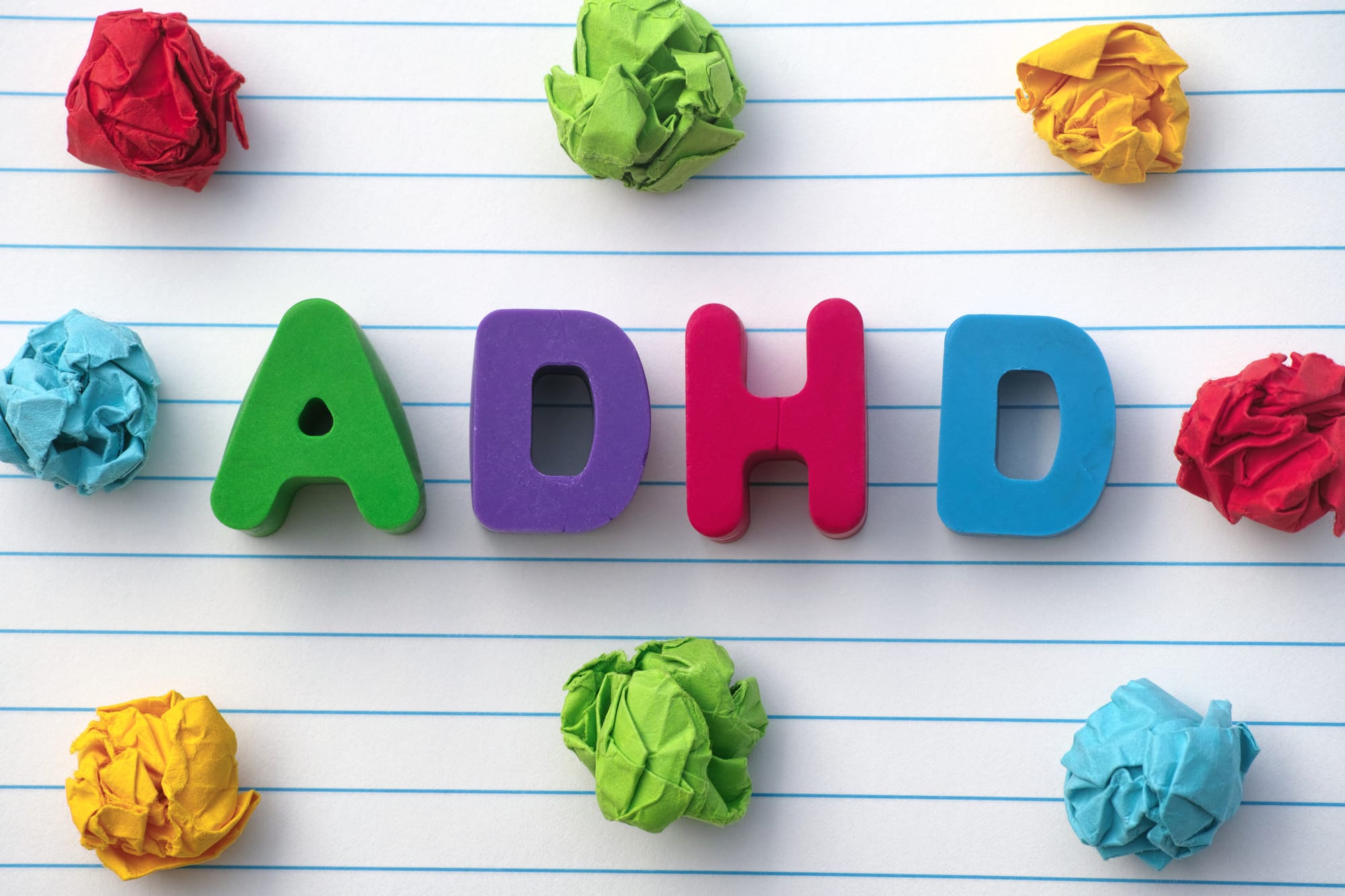How swimming helps kids with ADHD thrive beyond the pool

Attention Deficit Hyperactivity Disorder (ADHD) presents unique challenges for children and their families.
While traditional treatments often include medication and behavioural therapy, emerging research highlights the significant benefits of physical activities, particularly swimming, in managing ADHD symptoms.
Swimming offers a holistic approach that addresses both the physical and cognitive aspects of ADHD, fostering improvements that extend beyond the pool.
Enhancing cognitive function
Engaging in swimming has been shown to positively impact cognitive functions in children with ADHD.
A study published in the International Journal of Environmental Research and Public Health found that a 12-week adapted swimming program led to significant improvements in behaviour, inhibition processes, and academic performance among children aged 9 to 12 with ADHD.
The structured nature of swimming routines helps in enhancing focus and attention, which are often areas of difficulty for these children.
Regulating energy levels
Children with ADHD often exhibit high energy levels and hyperactivity. Swimming serves as an effective outlet for this excess energy. The full-body workout involved in swimming burns substantial calories and requires coordinated effort, which can lead to a natural reduction in hyperactivity and impulsivity. This physical exertion helps in calming the mind and preparing children for tasks that require sustained attention.
Improving motor skills and coordination
Many children with ADHD experience challenges with motor skills and coordination. The repetitive and rhythmic movements in swimming can aid in developing these skills. Research indicates that swimming training improves motor coordination in children with ADHD, contributing to better physical development and confidence in their abilities.
Providing sensory integration
Swimming offers a unique sensory environment that can be particularly beneficial for children with ADHD. The consistent resistance and pressure of water provide proprioceptive and tactile input, which can enhance sensory integration. This sensory experience helps children feel more grounded and can lead to improvements in behaviour and emotional regulation.
Boosting self-esteem and social skills
Participating in swimming can also have positive effects on a child's self-esteem and social interactions. Achieving new skills and reaching personal goals in swimming can build confidence. Moreover, group swimming sessions offer opportunities for socialisation, helping children with ADHD develop better social skills and a sense of belonging.
Conclusion
Incorporating swimming into the routine of a child with ADHD can offer multifaceted benefits that support their overall development.
At TC Aquatics, we recognise the transformative power of swimming and are committed to providing an environment where every child can thrive, both in and out of the water.
"In the rhythm of the water, children with ADHD find a calming current that guides them toward focus, confidence, and success."